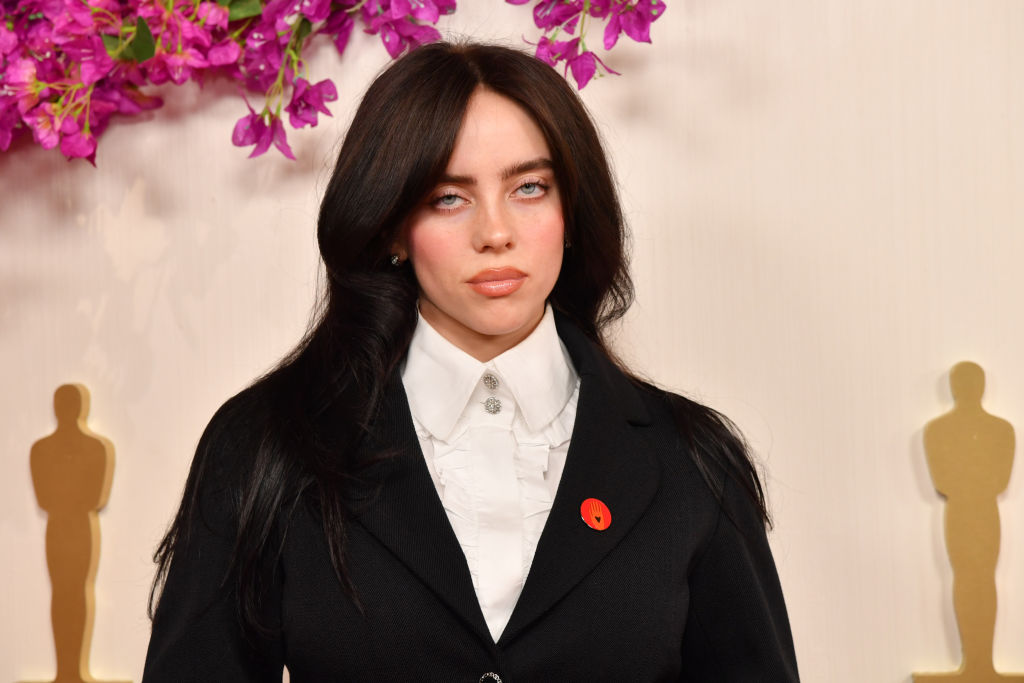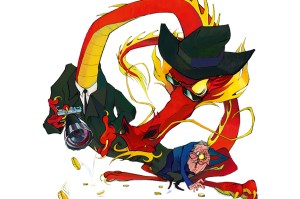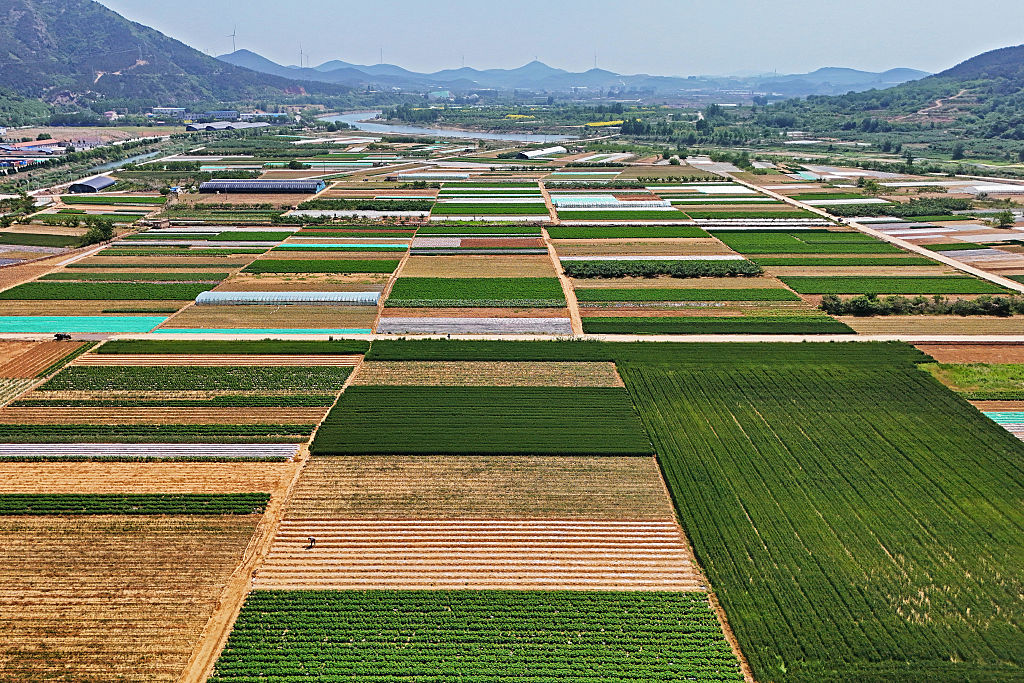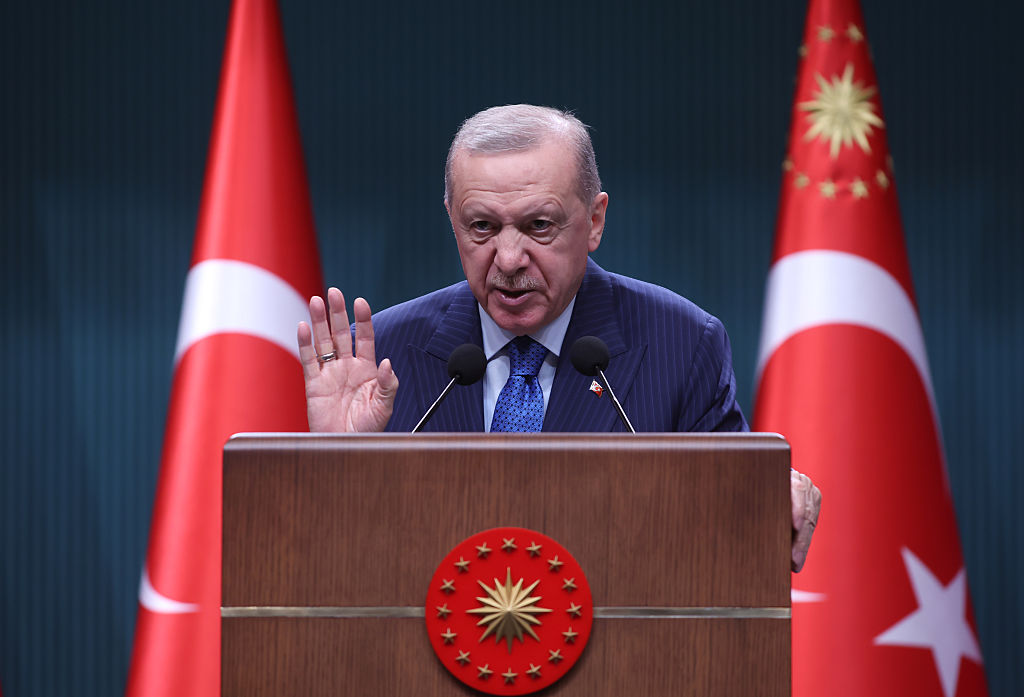In the West, outrage has become performance art. It’s not about real causes, but about carefully branded ones that play well in pastel Instagram carousels. Climate change? Of course. A vague plea for “justice”? Naturally. A curated “Free Palestine” hashtag? Absolutely. But when it comes to standing with their peers in the Middle East – singers, actors, writers who are literally jailed or executed for their art – the voices vanish.
This isn’t about Israel. The point is larger: why do so many Western artists reserve their outrage for one convenient villain while ignoring regimes that jail, torture and kill their peers? Syria’s Christians and Druze are being ethnically cleansed. Yemen is enduring a famine. The Uyghurs in China and Christians in the Congo suffer horrors that make Western protest slogans look like parody. But those crises don’t trend on TikTok. And so our moral guardians stay silent.
Take Turkey. Pop star Mabel Matiz was dragged into court, slapped with a travel ban for a song with LGBTQ themes – branded as “immorality” by Erdoğan’s government. Where was Lady Gaga, a self-proclaimed advocate for the LGBTQ community, when this happened? Actor Cem Yiğit Uzumoğlu, known from Netflix’s Rise of Empires: Ottoman, faces seven years in prison for posting an Instagram story calling for a boycott after Istanbul’s opposition mayor was arrested. Where were Mark Ruffalo and Javier Bardem? These are not rebels with guns – they are artists with words, punished as if they were criminals.
Iran is even darker. Musician Mohsen Shekari was publicly hanged in 2022 – his “crime” nothing more than protesting against the regime. Rapper Toomaj Salehi was sentenced to death the same year for lyrics critical of the authorities, accused of “enmity against God.” He was spared only after global outrage forced the regime’s hand. Where’s Hollywood when this happens?
These are the true causes that should evoke outrage: a song punished as immoral, a post punished as treason, lyrics punished as blasphemy. In the Middle East, art itself can be a death sentence. And yet from Hollywood? Silence.
Contrast that with the U.S. this month. Jimmy Kimmel faced backlash for comments about Charlie Kirk’s murder. His temporary suspension triggered an avalanche of headlines. Disney reportedly lost between $4 and $5 billion in market value. That was one man, one career, one late-night show. Meanwhile, artists across the Middle East aren’t just losing jobs – they’re losing their freedom and their lives. Where was the celebrity chorus for them?
Mark Ruffalo and Susan Sarandon have plenty of time for press conferences about Gaza. Billie Eilish can summon her fans to demand a ceasefire. But for their fellow artists – their actual peers – who risk prison or the gallows for a song, a lyric, or a post? Not a word. Apparently solidarity stops where the headlines end.
The truth is that many of these artists aren’t radicals or rebels at all. They are brand managers. Their conscience extends only as far as their fanbase and their ticket sales. They pick causes the way others pick outfits: whatever flatters them, whatever gets applause, whatever comes risk-free. Supporting Gaza? Safe. Supporting Uyghurs? Risky. Speaking up for a jailed Iranian rapper? Not worth losing a Spotify stream.
Artists were once dangerous to tyrants. Solzhenitsyn in the Soviet Union, Václav Havel in Czechoslovakia – their art was truth-telling in the face of power. Today’s artists, by contrast, pen open letters to guarantee free PR and social media applause. They confuse hashtags with heroism.
And so one can’t help but wonder: do these celebrities care about justice at all? Or is it simply self-interest, attaching themselves to a fashionable cause to stay relevant? As long as the slogan looks good on a T-shirt and the cause is safe to support, they’ll perform their outrage. But when bravery is required – when it might cost them something – they retreat into silence.
Art is supposed to speak truth to power. Today’s celebrities speak only to the algorithm. And for their fellow artists, silence isn’t neutrality. It’s betrayal.


























Leave a Reply